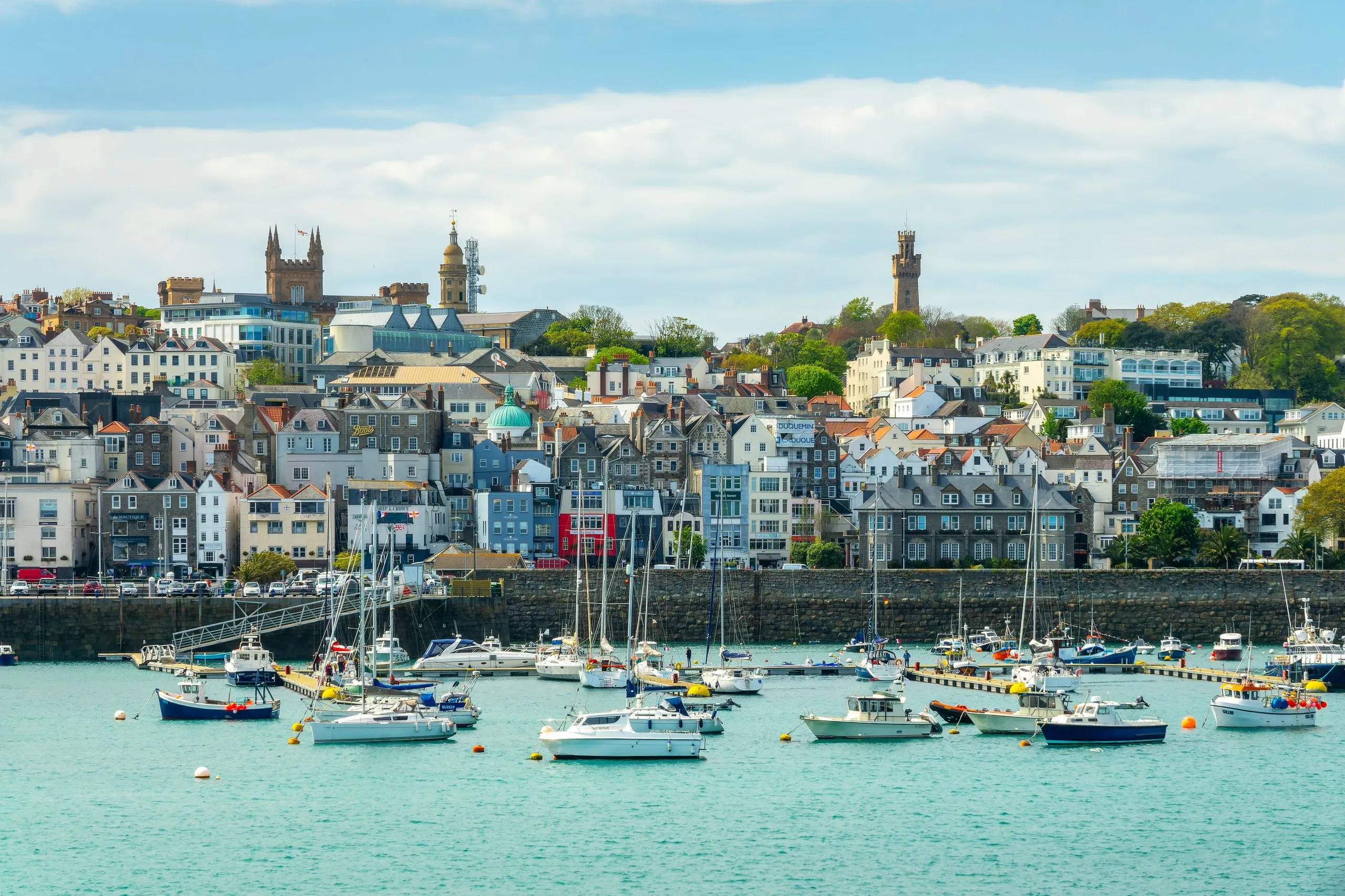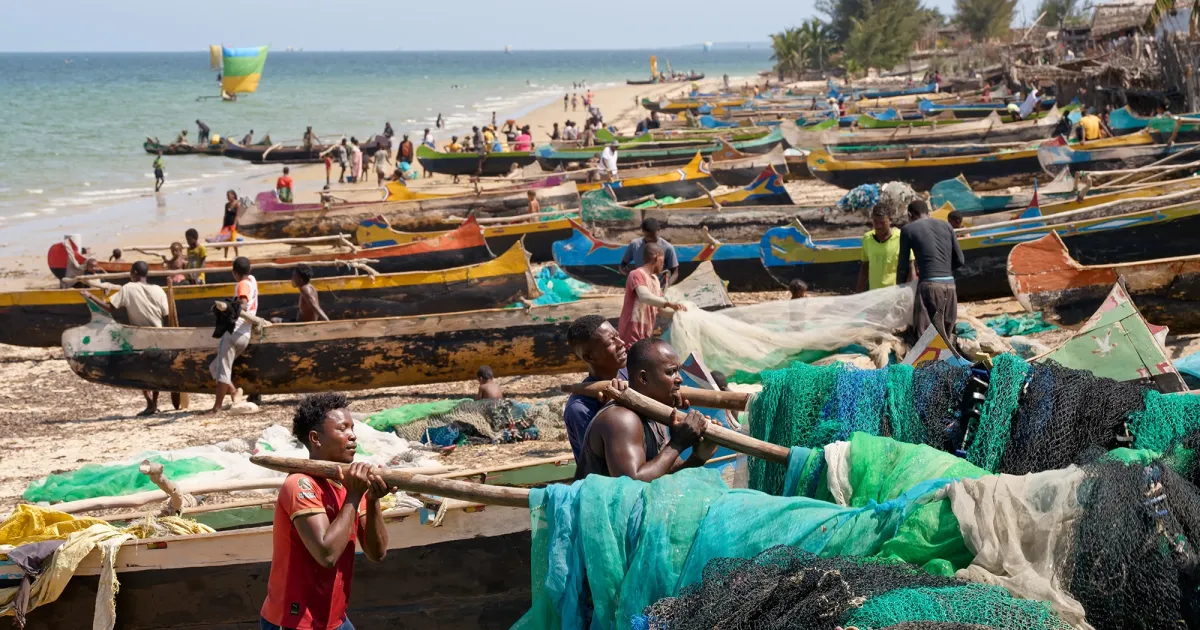Copyright jerseyeveningpost

At the end of June, the government has a total headcount of 9,786 people, including those on zero-hour contracts and 8,156 full-time equivalents. While total headcount was down 288 on last year, the number of FTEs – with one unit representing the hours of one full-time employee – rose by 304. By comparison, in 2020, total headcount was 7,146 and there were 6,405 FTEs. That’s a 37% rise in total headcount over five years, and a FTE increase of 27%. With a working population of around 67,000, government employees now make up around 15% of that total. In the UK, the figure is 18%; in Guernsey, with a civil service population of just over 5,000 and a working population of 32,000, it is 16%; in the Isle of Man, with 7,800 civil servants and 44,875 workers, it is 17%. So, Jersey is not alone in having a sizeable chunk of its workforce toiling for its government; however, that trend is clearly on an upward trajectory. The reasons why are many, but the main two drivers of headcount growth are Health and Education: doctors, nurses, midwives, teachers, teaching assistants and social workers. Jersey – like its island neighbour 20 miles to the northwest – has a growing civil service and faces the same demographic challenges, the same international obligations, the same rising health costs, the same staff shortages, and the same strains on infrastructure as we do. Sure, the ferry contract didn’t quite go to plan. Neither did the joint aircraft registry. And the pan-island competition regular was good, while it lasted. And let’s not mention the incinerator. But there are plenty of other examples of working together (see fact box at end). Is now the time to put past differences behind us, stop hollow calls for more co-operation and actually take some first steps towards it? Guernsey’s relatively new Chief Minister, Lindsay de Sausmarez, is certainly keen to. Speaking to the JEP, she said: “I know that the public perception – in Guernsey at least – is that the two islands struggle to work with each other, but in my experience that couldn’t be further from the truth. “Perhaps my experience is shaped by the fact that the policy areas I’ve been most involved in include the environment, infrastructure, housing and social security, where there is no logical reason to compete: on the contrary, it makes perfect sense to share information and effort for mutual benefit.” Sharing information and effort is one thing, but what about sharing resources? Could we, for instance, share medical facilities, equipment or specialisms, or education advisers? Could all records be kept and managed in a single place? Could a single IT helpdesk cover both islands? Do we need two external relations’ teams? Would having a pool of Channel Island bank nurses be cheaper and more effective than agency staff? Could HR functions be pooled? Or Visit Jersey and Visit Guernsey? Considering the biggest budget in both islands is health (£381m in Jersey next year; £261m in Guernsey), that seems the obvious place to look first. Health Minister Tom Binet said that the executive health teams in each island did regularly speak to each other, but he hoped that more opportunities would develop in the future. He said: “Looking long term, I definitely foresee more co-operation, possibly with Guernsey focusing on some specialisms and Jersey focusing on others. “However, I think we need to focus on our own backyard first over the next few years to get our own health system in order: the extra money in next year’s budget, which includes £8m for digital investment and £4m for health prevention, along with £12m up front to cover our deficit, has been a good morale boost for staff.” Deputy Binet added that Jersey was also looking to increase cooperation with the UK. “As the new hospital develops, and we look to centralise tertiary care and we will be looking to work more with specialist hospital groups in the UK, reciprocating in such areas as mentoring and training.” For Policy Centre Jersey senior adviser Sir Mark Boleat, the scale and skills that the UK can bring, especially in healthcare, is a far bigger draw than Guernsey’s offering. He said: “A lot of health provision in Jersey is actually from UK hospitals and we have contracts with half a dozen or so. If you have a heart attack in Jersey, then once you’re stable, you are whisked off to John Radcliffe Hospital in Oxford because the chance of getting decent treatment in Jersey or anywhere this small is zero. “Therefore Jersey does a deal with John Radcliffe. A lot of other procedures are done with Southampton, where we have got good communication links. That’s all very sensible.” He added: “I haven’t studied health in detail, but my guess is there is scope to go a lot further on health, but not with Guernsey because it has got nothing to offer Jersey, in that respect. What Jersey needs is something big that can provide everything a small community cannot. “And indeed, there have been suggestions – I think [Health Board chair] Hugo Mascie-Taylor may have hinted at it – that Jersey should really think of becoming almost part of Southampton, if a deal could be negotiated. “So, by all means, look at sharing resources with Guernsey but look at what’s happened in the past? Jersey built an incinerator and said: ‘It’s great because Guernsey can use it, and this is what it will cost them’. But Guernsey said: ‘No, thank you’ and went elsewhere.” Sir Mark is well placed to comment on inter-island cooperation. He chaired Jersey’s competition regulator and led its de facto merger with Guernsey to create CICRA. He said: “That worked very well – while we had two ministers who were prepared to cooperate. Once those two ministers went and we had two other ministers, it didn’t make any saving at all. Indeed, it simply led to conflict. “The ministers had different priorities and almost took the position that if the other island wants it, we don’t, and as a result, there was no saving at the end of the day. It took more of my time as chairman having two bodies and having one.” Sir Mark has looked further at why inter-island cooperation is often more effort than it’s worth. He said: “A lot of cooperation anywhere depends on personality, to some extent, and because the election cycles don’t coincide, you don’t have that time to build up trust. “Guernsey has a new chief minister, and Jersey may or may not have one in a year’s time. While some have good relations with Jersey, such as Gavin St Pier, others don’t. “If the islands can’t cooperate on ferries – and there’s no doubt that great damage has been done to both islands by what’s happened because it is blatantly obvious that we need a single ferry service – then what prospect is there for anything else? “Also, we talk about the Channel Islands, but the contacts between Jersey and Guernsey are minimal. We have a small number of flights and even when I chaired the competition authority, we stopped having meetings in Guernsey because it was difficult to get to. “I had people from London on my board as well as Jersey and Guernsey, and it was easier for us to meet in London than to meet in Guernsey.” Sir Mark believes that cooperation is also stymied by a ‘not invented here syndrome’ among civil servants and politicians, which is a bias against using or accepting ideas, or knowledge from outside sources. Above all, he argues there needs to be a disposition to work together, and with little evidence of that, the prospects for greater cooperation remain limited. Based on the recent track record of cooperation, Sir Mark’s concerns are well-founded. Yet the burgeoning cost of government in both islands might help to sweep past differences aside and prompt both islands to find more cost-savings together.



